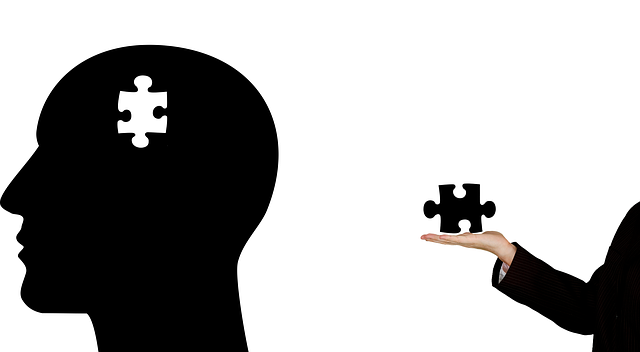Every technology we develop is a substitute for a human capacity. For example, pens and papers provided a physical way of storing our narratives, which used to reside in the memories of minstrels and bards. With widespread note taking, we have lost the motivation, and hence, the capacity, to memorize long histories, epics, and songs of our cultures. In the same way, when modern medicine was developed, we began relying on doctors who separated the different functions of the human body, as if they didn’t belong to one individual. We forgot traditional healing modalities which proved to be useful and effective in the olden times. As artificial intelligence improves, more of our human capacities are bound to be long.
In an article for The Entrepreneur, Matthew Baker introduces us to the concept of cognitive offloading wherein artificial intelligence is replacing or competing with human intelligence. Whenever we use the spell check or autocorrect on our phones, we are losing the opportunity to practice spelling and grammar. Is it a surprise then, that in this world dominated by millions of information, literacy is decreasing among our children? Baker also provides other examples of cognitive offloading, citing the use of calculators, and translation tools.
Baker believes that if cognitive offloading continues for several generations, humanity might totally lose the capacity for all fundamental intelligences. To counter this trend, Baker offers three simple solutions: practice mental math instead of using calculators, drive to your next destination without GPS, and utiize a brain test to get a baseline on your current capacity. Through these simple solutions, Baker hopes to show that we have the control over our technology use, and its impact to ourselves and our society.
Implications for AI
Scientists have proven for decades that the brain is not a static and unchangeable entity that only deteriorates as we grow older. On the contrary, scientists have discovered that our brain cells can regenerate, and we can learn new things, even in old age. They have also discovered that when brain cells and networks are not stimulated, they tend to self-destruct. Hence, the words “use it or lose it” has become a familiar phrase in neuroscience.
Whenever we use technology to perform tasks we can actually perform on our own, the old networks in our brains begin to degenerate. We lose the capacity to perform tasks manually, and we become ever more dependent on technology. We might think that with AI, our lives will become better, school will become easier, work will become less stressful. What we don’t realize is that for the comfort we get with the use of this technology, we are also giving up something very valuable. More than the money we pay for purchasing the technology, we are giving up our freedom – the very thing that makes us humans different from the rest of nature.
Remember that there is no real artificial general intelligence (AGI) yet. All of the cognitive offloading happening today is only through simple technology. Once AGI becomes available, we might be tempted to just rely everything on these machines – after all, they can do things better than humans. But we must ask ourselves: where will these leave us, humans? If AGI can do things better, what purpose do we still serve [see AI: When Artificial Superintelligence Is Just A Couple Of Years Away to understand the difference between AI and AGI]?
Technology is just a human creation, and as such, we must remain in control of it, not the other way around. In areas where we can still use our own capacities to solve issues, we must remember not to use technology, otherwise we will lose the capacity to implement our creative imaginings.
In the end, the use of technology, and AI being the best of all these technologies, is a human choice. Will you be lazy and rely on the AI to do things for you, or will you choose to experience a little difficulty, hoping for new discoveries?
Read Original Article

Read Online
Click the button below if you wish to read the article on the website where it was originally published.

Read Offline
Click the button below if you wish to read the original article offline
